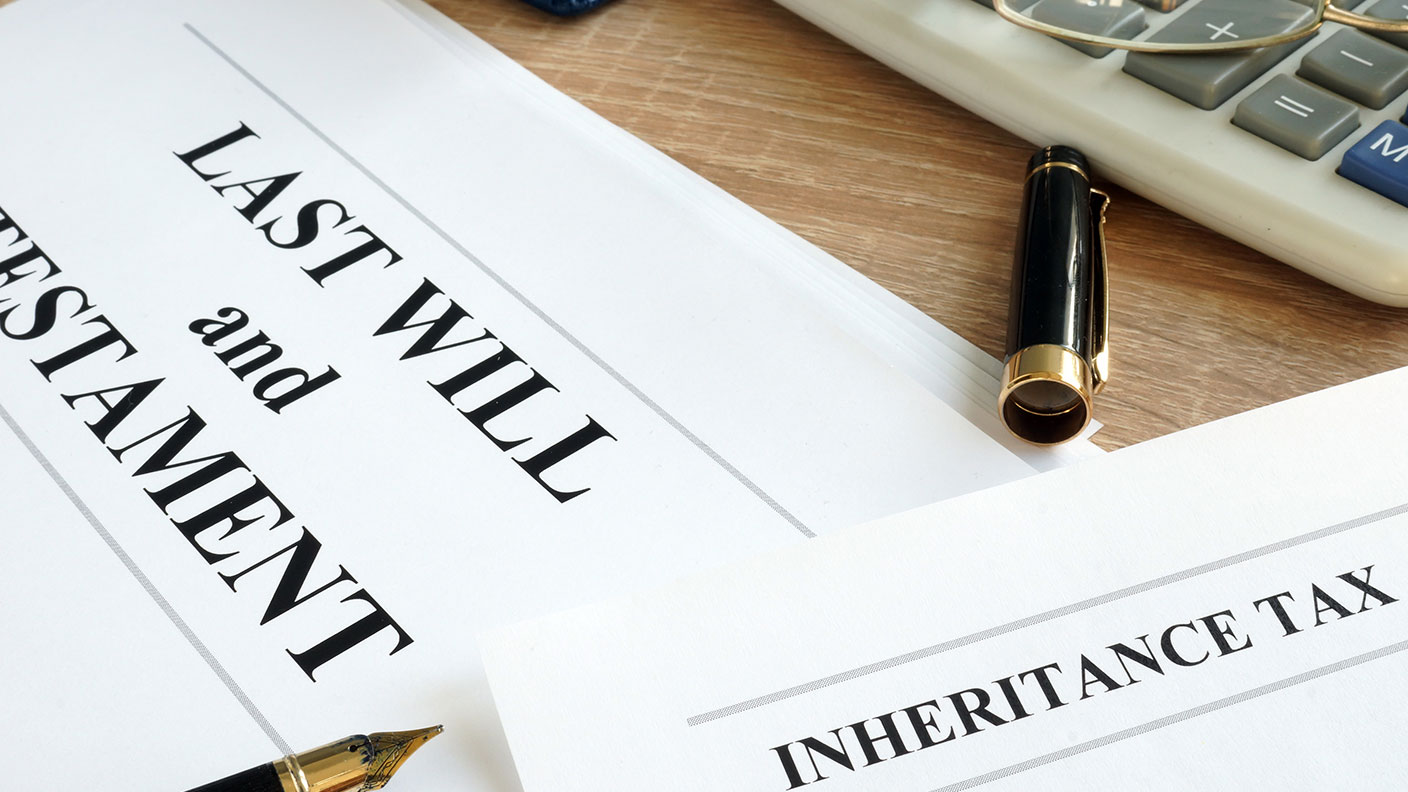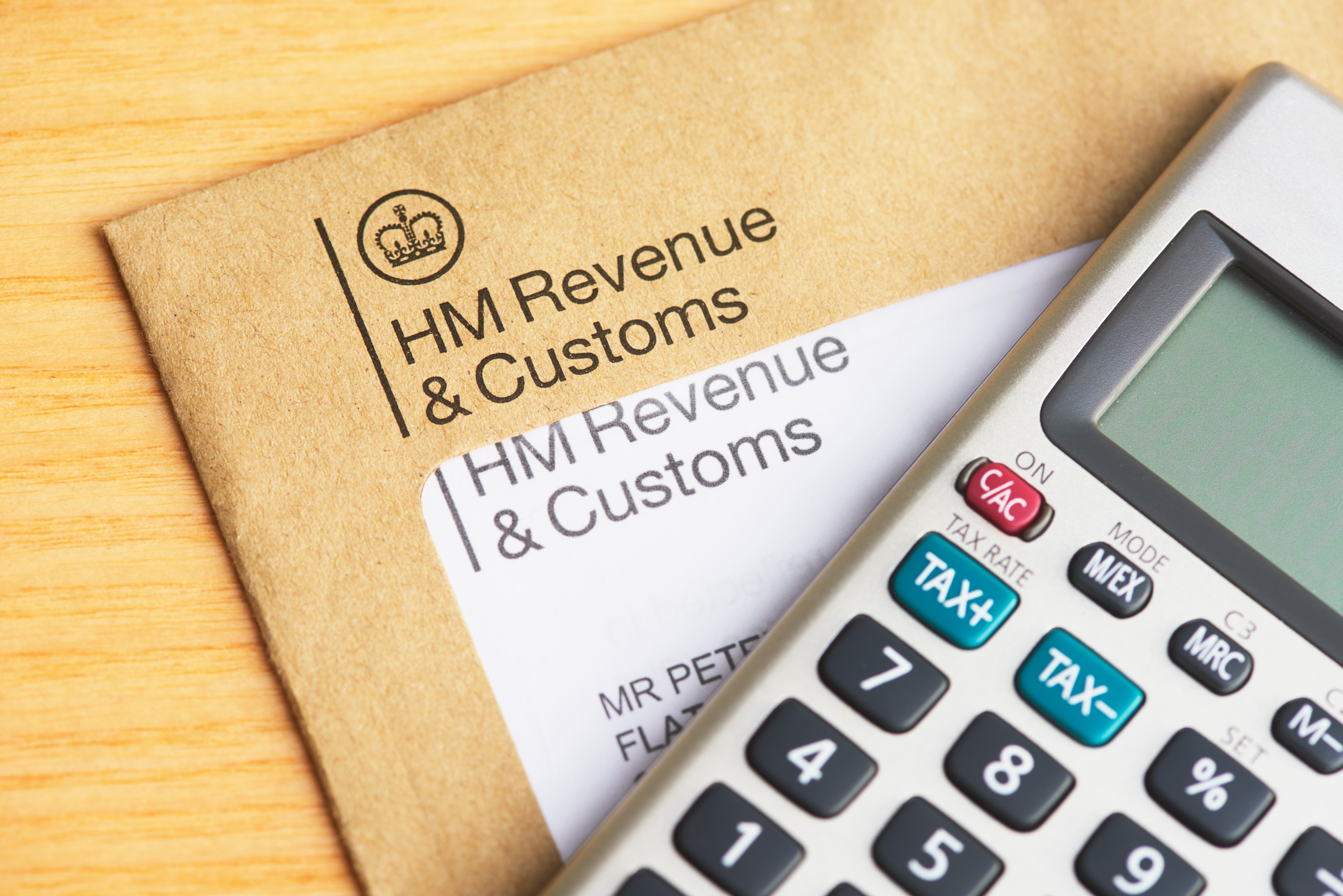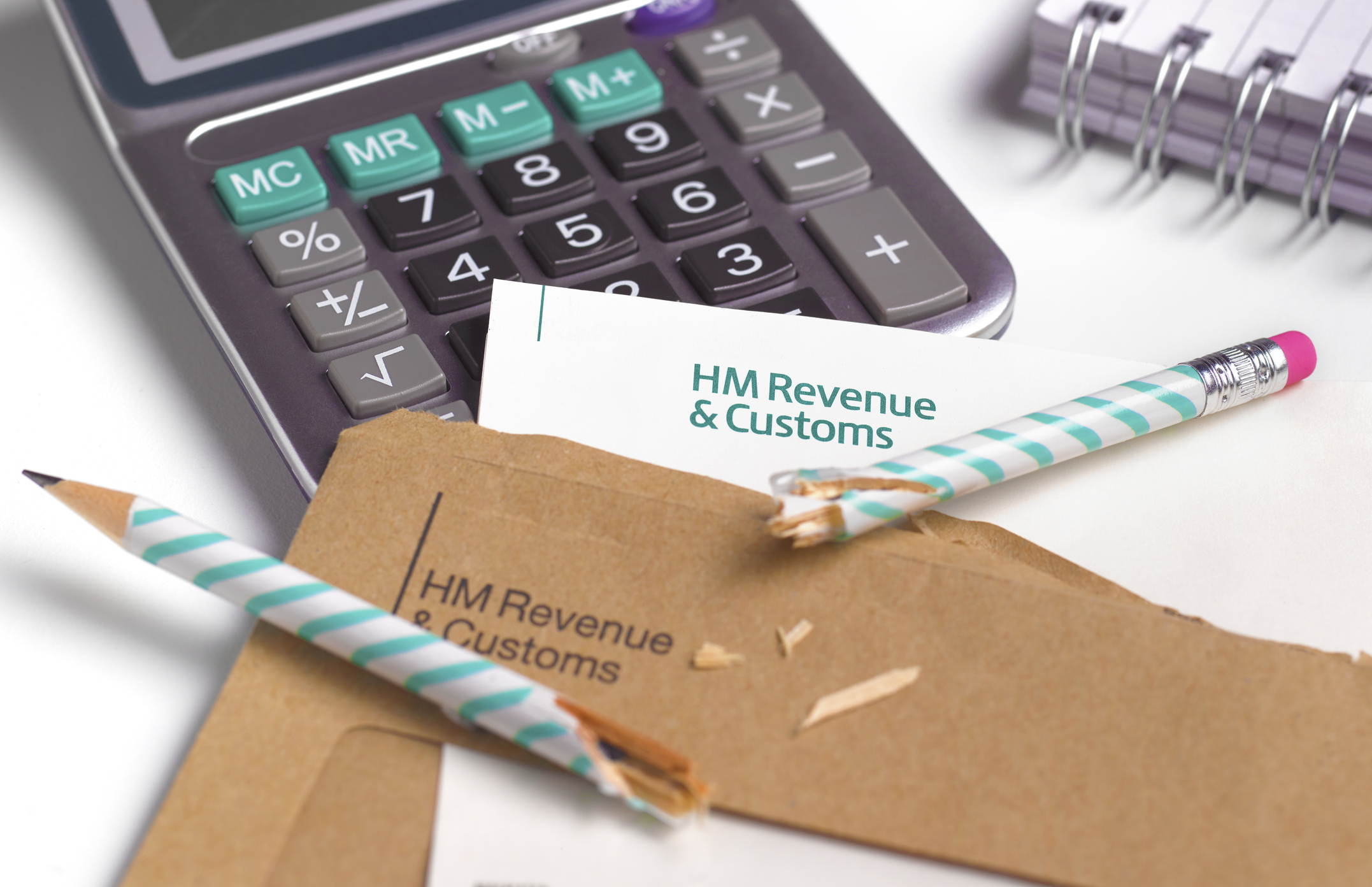Inheritance tax bills are set to rise – will you be caught out?
The number of people who actually pay inheritance tax is very small. But more and more estates are set to be dragged into its net, says David Prosser. And that could include you.


Get the latest financial news, insights and expert analysis from our award-winning MoneyWeek team, to help you understand what really matters when it comes to your finances.
You are now subscribed
Your newsletter sign-up was successful
Want to add more newsletters?

Twice daily
MoneyWeek
Get the latest financial news, insights and expert analysis from our award-winning MoneyWeek team, to help you understand what really matters when it comes to your finances.

Four times a week
Look After My Bills
Sign up to our free money-saving newsletter, filled with the latest news and expert advice to help you find the best tips and deals for managing your bills. Start saving today!
In earlier articles, we’ve discussed how to calculate the value of your estate, including the value of your property. You may now have a better idea of what your estate is worth and whether you are likely to face an inheritance tax (inheritance tax) bill or not.
Either way, the good news is that there are all sorts of straightforward and perfectly legal ways to plan ahead in order to minimise an inheritance tax bill, or to wipe it out altogether.
What can you give away now?
The simplest of these is to start giving away assets in order to reduce the size of your estate. For inheritance tax purposes, such gifts effectively fall into two categories: those that are tax-free straight away, and those that only officially drop out of your estate after a period of time, typically seven years.
MoneyWeek
Subscribe to MoneyWeek today and get your first six magazine issues absolutely FREE

Sign up to Money Morning
Don't miss the latest investment and personal finances news, market analysis, plus money-saving tips with our free twice-daily newsletter
Don't miss the latest investment and personal finances news, market analysis, plus money-saving tips with our free twice-daily newsletter
The first category gives you plenty of headroom. Each year, you can make as many gifts worth £250 or less as you want. You can also make larger gifts, up to a total of £3,000 in any one tax year; any of this allowance not used can be carried forward into the following tax year.
All donations to charities and political parties also count as tax-free gifts. In addition, parents can give children getting married gifts worth up to £5,000 without affecting their other allowances; grandparents and others get smaller allowances of this type, worth £2,500 and £1,000 respectively.
Another option here is to give away your surplus income. If you can show you have more money coming in than you need to sustain your lifestyle, and you are prepared to commit to regular gifts as part of your normal spending, you can pass on as much of this surplus as you like with no inheritance tax implications.
The seven-year rule
Gifts that do not fall within any of these allowances and exemptions are known as “potentially exempt transfers” (PETs). They will still fall out of your estate for inheritance tax purposes, but only if you live for at least seven years after making them.
If you die sooner than that, the value of PETs still outstanding will be added back on to your estate according to a tapered scale. Gifts made less than three years previously are counted in full; those made between three and four years ago are discounted by 20%; rising to 40% for gifts made four to five years ago; and so on over each two-year period until you get to 100% after seven years.
Keep careful records
If you are in any doubt about how gifts might affect the inheritance tax position of your heirs, you should take professional advice, particularly as the small print can get quite technical.
Even if you do not get such help, make sure to keep meticulous records of the gifts you have made. These will ensure that whoever is responsible for sorting out your affairs after your death is able to do so easily – and that your heirs get the full benefit of your planning.
One important issue to watch out for is that if you continue to enjoy a benefit from an asset you have gifted, the gift will not count for inheritance tax purposes. One obvious example is your home. If you give it away in order to get its value out of your estate but continue to live in it without paying rent to the new owner, the property will still be counted as part of your estate.
Be careful with trusts
Also take care with trusts. One popular inheritance tax planning strategy is to gift your assets into a trust; these assets are then owned and controlled by your nominated trustees who have a legal opportunity to manage the assets on behalf of your chosen beneficiaries.
However, while assets in trust do not count for inheritance tax purposes after your death, you may have to pay a 20% charge when you first make the gift – and further levies of 6% every ten years thereafter. Always take professional legal advice on trust structures.
Finally, even if you can’t beat an inheritance tax bill in full, you can insure against it, with a life insurance policy that pays out to the value of the expected bill for your heirs. Providing the policy is written into trust – insurers can usually help with this – there will be no inheritance tax to pay on this money.
The premiums paid to the insurance policy count as a gift if you pay them yourself, but these can usually be covered by one of your tax-free exemptions. Just be aware that life insurance can be expensive if you are older or in poor health.
This is the third in our series on inheritance tax. For the full report and more, subscribe to MoneyWeek magazine and get your first six issues free – sign up here today.
Get the latest financial news, insights and expert analysis from our award-winning MoneyWeek team, to help you understand what really matters when it comes to your finances.

David Prosser is a regular MoneyWeek columnist, writing on small business and entrepreneurship, as well as pensions and other forms of tax-efficient savings and investments. David has been a financial journalist for almost 30 years, specialising initially in personal finance, and then in broader business coverage. He has worked for national newspaper groups including The Financial Times, The Guardian and Observer, Express Newspapers and, most recently, The Independent, where he served for more than three years as business editor.
-
 Average UK house price reaches £300,000 for first time, Halifax says
Average UK house price reaches £300,000 for first time, Halifax saysWhile the average house price has topped £300k, regional disparities still remain, Halifax finds.
-
 Barings Emerging Europe trust bounces back from Russia woes
Barings Emerging Europe trust bounces back from Russia woesBarings Emerging Europe trust has added the Middle East and Africa to its mandate, delivering a strong recovery, says Max King
-
 Two million taxpayers to be hit by £100k tax trap by 2026/27
Two million taxpayers to be hit by £100k tax trap by 2026/27Frozen thresholds mean more people than ever are set to pay an effective income tax rate of 60% as their earnings increase beyond £100,000. We look at why, as well as how you can avoid being caught in the trap.
-
 13 tax changes in 2026 – which taxes are going up?
13 tax changes in 2026 – which taxes are going up?As 2026 gets underway, we look at what lies ahead in terms of changes to tax rates and allowances this year and how it will affect you.
-
 How to limit how much of your Christmas bonus goes to the taxman
How to limit how much of your Christmas bonus goes to the taxmanIt's Christmas bonus season but the boosted pay packet may mean much of your hard-earned reward ends up with HMRC instead of in your pocket
-
 Over 1 million pay 45% rate of income tax as fiscal drag bites
Over 1 million pay 45% rate of income tax as fiscal drag bitesHundreds of thousands more people are being pushed into the additional rate tax band by fiscal drag
-
 'I've used my annual ISA allowance. How can I shield my savings from tax?'
'I've used my annual ISA allowance. How can I shield my savings from tax?'As millions face paying tax on savings interest, we explore how to protect your money from the taxman. If you've used up your ISA allowance, we look at the other tax-efficient options.
-
 Simple assessment explained as millions brace for unexpected tax bills
Simple assessment explained as millions brace for unexpected tax billsIncreasing numbers of people could get letters from HMRC saying they owe more tax due to frozen thresholds, under a system known as simple assessment. Here is what it means for you.
-
 What are wealth taxes and would they work in Britain?
What are wealth taxes and would they work in Britain?The Treasury is short of cash and mulling over how it can get its hands on more money to plug the gap. Could wealth taxes do the trick?
-
 When is the self-assessment tax return deadline?
When is the self-assessment tax return deadline?If you are self-employed, rent out a property or earn income from savings or investments, you may need to complete a self-assessment tax return. We run through the deadlines you need to know about